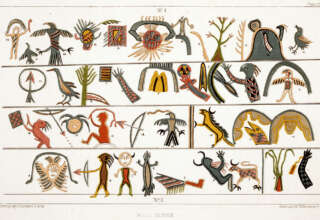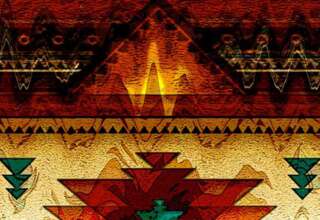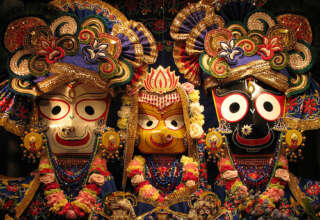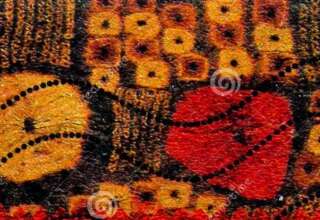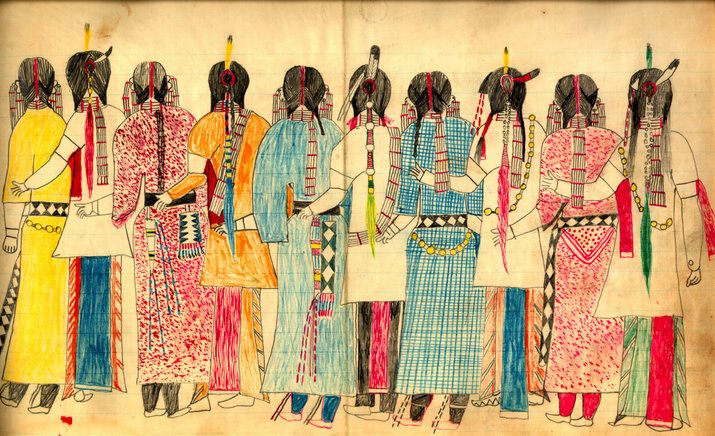
In September 2007, the United Nations passed a non-binding Declaration on the Rights of Indigenous Peoples. Canada, the United States, Australia, and New Zealand refused to sign. On December 20, 2007, a small group of people led by American Indian Movement activist Russell Means, under the name Lakota Freedom Delegation, traveled to Washington D.C. to announce a withdrawal of the Lakota Sioux from all treaties with the United States government. These activists had no standing under any elected tribal government.
Official Lakota tribal leaders issued public responses to the effect that, in the words of Rosebud Lakota tribal chairman Rodney Bordeaux, “We do not support what Means and his group are doing and they don’t have any support from any tribal government I know of. They don’t speak for us.” Means declared “The Republic of Lakotah”, defining it as a sovereign nation with property rights over thousands of square miles in South Dakota, North Dakota, Nebraska, Wyoming and Montana. The group stated that they do not act for or represent the tribal governments “set up by the BIA or those Lakota who support the BIA system of government”. “The Lakota Freedom Delegation” did not include any elected leaders from any of the tribes. Means had previously run for president of the Oglala Sioux tribe and twice been defeated. Several tribal governments – elected by tribal members – issued statements distancing themselves from the independence declaration. Some said that they were watching the independent movement closely. No elected tribal governments endorsed the declaration.
The Lakota People made national news when NPR’s “Lost Children, Shattered Families” investigative story aired regarding issues related to foster care for Native American children. It exposed what many critics consider to be the “kidnapping” of Lakota children from their homes by the state of South Dakota’s Department of Social Services (D.S.S.). It was noted by NPR that over half of the children in foster care in South Dakota were of Native descent. Lakota activists such as Madonna Thunder Hawk and Chase Iron Eyes, along with the Lakota People’s Law Project, have alleged that Lakota grandmothers are illegally denied the right to foster their own grandchildren. They are working to redirect federal funding away from the state of South Dakota’s D.S.S. to new tribal foster care programs. This would be a historic shift away from the state’s traditional control over Lakota foster children.


